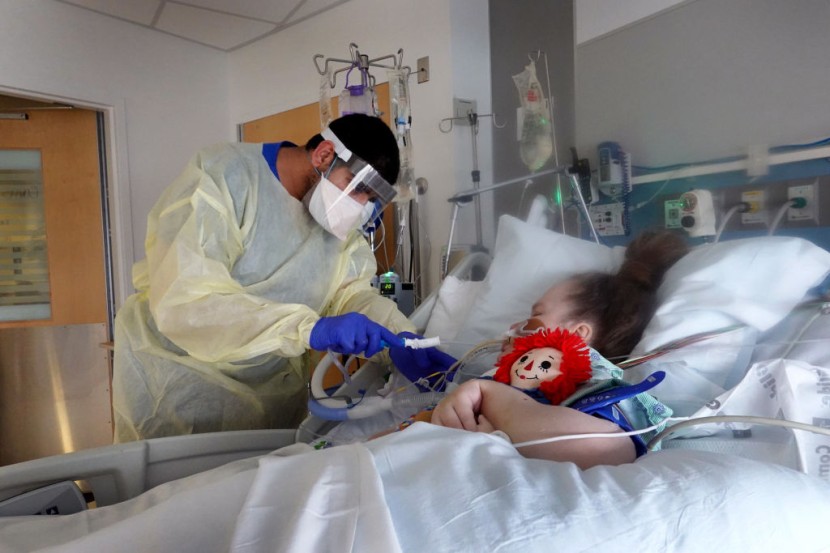
A recent study from Japan revealed that the "Stealth Omicron" variant of COVID-19 is more infectious and resistant to immunity.
According to the Centers for Disease Control and Prevention (CDC), the subvariant of Omicron BA.2 is 1.5 times more contagious than its original variant BA.1. It is also pathogenic or capable of producing disease.
Researchers say that the risk of BA.2 for worldwide health is "potentially higher" than BA.1.
The scientists used data from hamster tests in the lab, which may or may not apply to humans. Experts believe that when combined with boosters, the current vaccines provide significant protection against serious disease caused by both variants of Omicron, which has proven to be more transmissible but less virulent than its forerunner Delta.
According to the CDC, as reported by USA Today, Stealth Omicron BA.2 makes up just 3.9% of the Coronavirus cases sequenced in the US, compared to 96.1% for BA.1.
Is "Stealth Omicron" More Dangerous?
The latest research also revealed the Omicron BA.2 variant could replicate itself faster than BA.1, the original version of the variant.
According to a CNN report, Stealth Omicron can also create clumps of cells called syncytia, which raises concerns because such clumps produce more copies of the variants. Delta was also capable of causing syncytia, which is thought to be one of the reasons the COVID-19 variant was so harmful to the lungs.
BA.2 was able to break through antibodies in the blood of persons who had been inoculated against Covid-19, just as the original Omicron. It also withstood antibodies from patients who had been infected with earlier Covid-19 variants during the pandemic, such as Alpha and Delta. In addition, BA.2 was nearly immune to monoclonal antibody therapy.
However, antibodies in the blood of individuals who had recently got infected with Omicron appeared to have some protection against BA.2, especially if they had already been immunized.
US Relaxing COVID-19 Restrictions Soon
Meanwhile, United States Health authorities announced on Wednesday that they are taking measures to prepare the country for the next stage of the COVID-19 pandemic amid the decline in Omicron infections.
It includes updating guidelines on wearing of masks and strengthening the testing capacity.
According to White House COVID-19 Response Coordinator Jeff Zients, the Biden administration is "actively planning for the future" and gearing towards the pre-pandemic period, when COVID-19 was "something we can protect against and treat."
The measures come as US states gradually ease COVID-19 restrictions due to the declining number of infections, per Reuters report.
CDC data indicated the seven-day average of daily cases decreased by 40% from the previous week, while the daily average of hospital admissions decreased by 28% and the average daily fatality rate decreased by 9%.
The U.S. Centers for Disease Control and Prevention weighs new COVID-19 guidance, including when to wear face masks. At the same briefing, CDC Director Rochelle Walensky said hospital capacity would be a key metric.
Many of the amended guidelines are expected to be released in late February or early March, about the same time when mask mandates in several states are repealed, as per CDC.
Related Article : Musk Receives Criticism For Comparing Trudeau to Hitler in Attack Against Vaccine Mandate
© 2025 HNGN, All rights reserved. Do not reproduce without permission.








